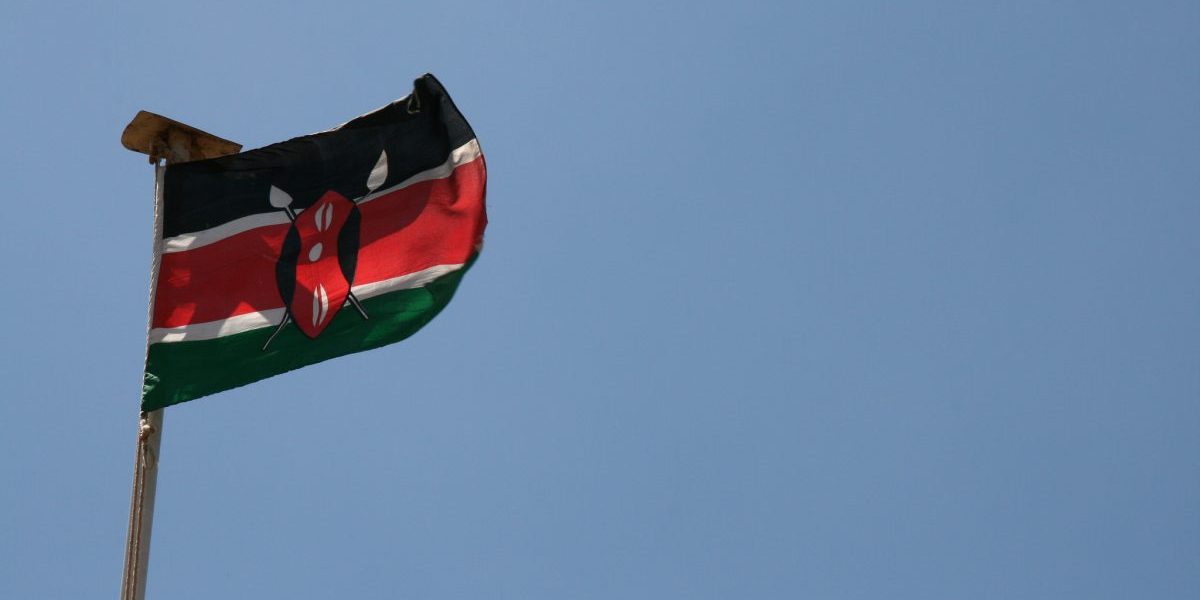The African Peer Review Mechanism (APRM) – the continent’s chief home-grown governance monitoring tool – has come of age. Nine African presidents (from Ghana, Rwanda, Kenya, Algeria, South Africa, Benin, Uganda, Nigeria and Burkina Faso) have now discussed the governance landscape in their respective countries with their peers. At the APR Forum meeting in Addis Ababa on 31 January 2009, the first five will table (and hopefully have time to debate and discuss) reports on the progress and challenges of implementing the Programmes of Action (POAs) that seek to remedy the governance deficiencies identified in the exercise. There will also be important decisions taken on the composition of the Panel of Eminent Persons, currently chaired by Nigerian Professor Adebayo Adedeji, that was meant to have been reconstituted two years ago.
This collection of papers reflect on some of the challenges facing research institutions and civil society organisations involved in the APRM and similar processes where they are examining the performance of their governments. Research institutes are usually employed to provide vital technical know-how, sharp analytical skills and critical independence and objectivity. But they also have to grapple with a raft of issues, including lack of trust, remuneration, mission creep, tight timelines, threats to their independence and integrity and balancing their own views with those of the public that they research, and the government and/or donors that will sign their paycheques.
Related Papers
Paper Number 15, November 2008
Payment and independence: Does a client relationship with government inhibit ‘think-tank’ criticism?
by Okechukwu Ibeanu, Professor of Political Science and Dean of the Faculty of Social Sciences at the University of Nigeria Nsukka explores how policy research institutions (or think-tanks) will be challenged to retain their objectivity on public policy issues regardless of their source of funds, in processes such as the APRM. Drawing from the Nigerian situation (with particular reference to experience under military government) while suggesting a more general application, this paper sets out to analyse the relationship between privately and publicly funded think-tanks and government, and the extent to which that relationship may change commensurate with the extent of government funding. It investigates the extent of the real or notional independence of think-tanks. Six key variable discussed require close analysis in order to understand the nature of the relationship between the institution’s independence and its sources of funds.
Paper Number 20, January 2009
The APRM’s economic governance and management standards: What civil society should look for
by Colm Allan and Neil Overy asserts that civil society research and advocacy groups dedicated to safeguarding the rights of citizens, may find an unexpected opportunity to monitor their own governments through the APRM process. This paper argues that, in a democratic state, citizens have a fundamental right to efficient public services. When public money is misused or poorly spent, it denies legitimate socio-economic benefits to the people. The point is tellingly and repeatedly illustrated by examples from the experience of local government in South Africa’s Eastern Cape Province, where maladministration and inefficiency cost citizens dearly. Colm Allan is the Director of the Centre for Social Accountability (CSA) at Rhodes University, South Africa, which incorporates an applied monitoring and research programme, the Public Service Accountability Monitor (PSAM). Neil Overy was the PSAM Research Editor until June 2008. They say the language of the economic governance section of the APRM may leave civil society organisations unaware that the mechanism offers opportunities that can be used to evaluate whether public’s resources are being properly managed. The starting point for CSOs is to find answers to basic questions: What resources are available? What plans are there to exploit them? How effective are the plans? How will the implementers be held accountable? Once information is assembled it becomes possible to create a set of evidence-based tools to monitor performance. This in turn will allow service-delivery issues to be meaningfully addressed. So, in the end, the rights of ordinary people to efficient state services will be protected.
SAIIA sincerely thanks those who acted as peer reviewers for these papers.
Perspectives on Governance: Founded to promote public debate and research on crucial issues of public policy, the South African Institute of International Affairs (SAIIA) is pleased to send you these occasional papers that we hope will contribute to a more robust conversation about the nature of Africa’s governance challenges.








